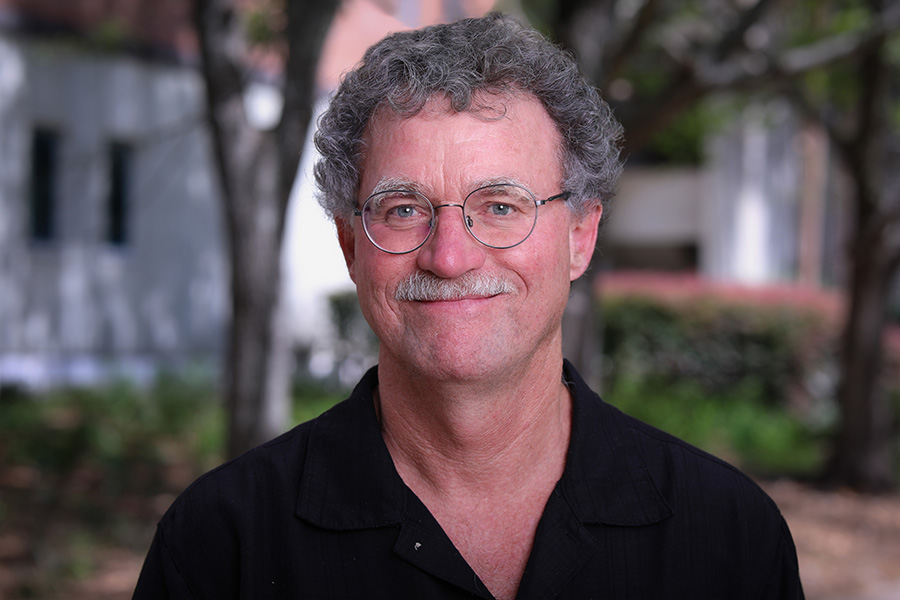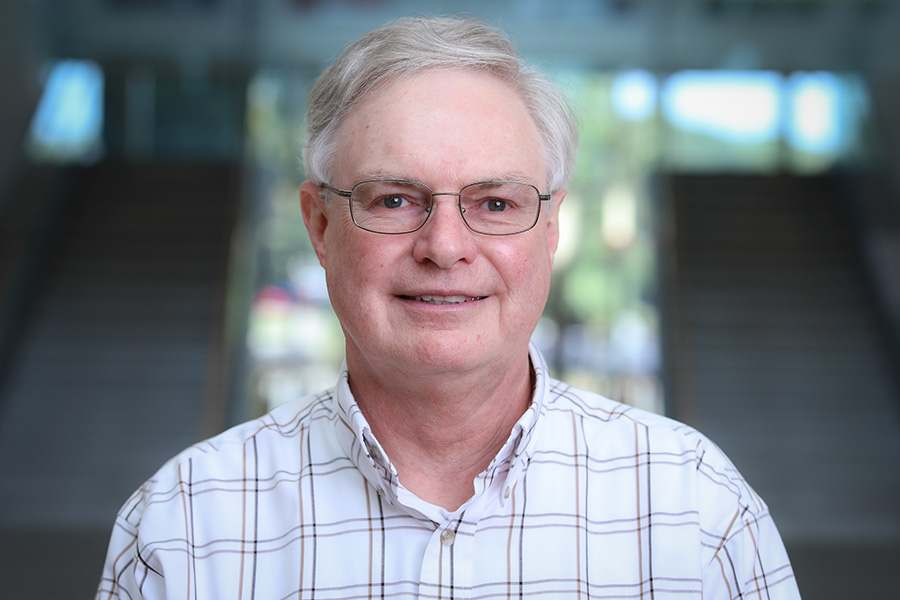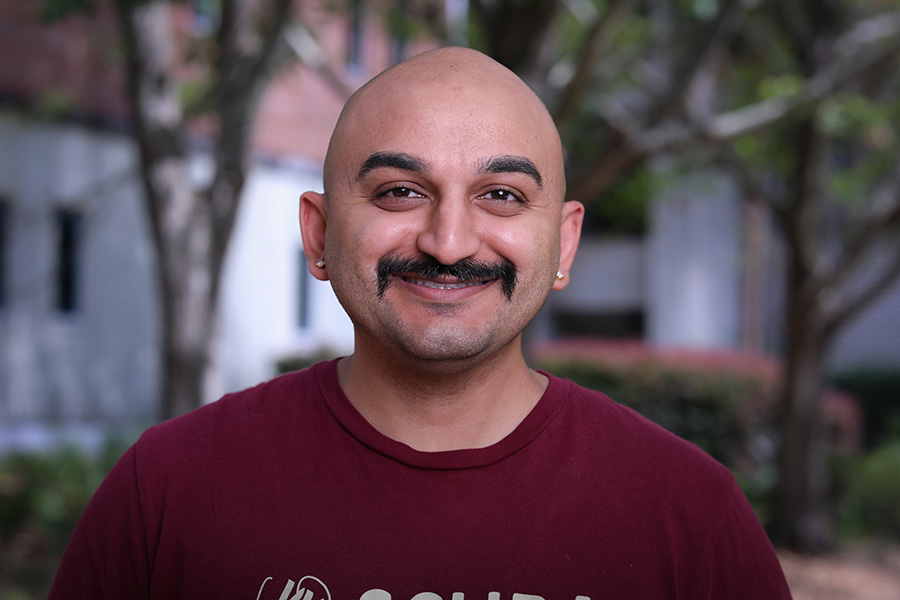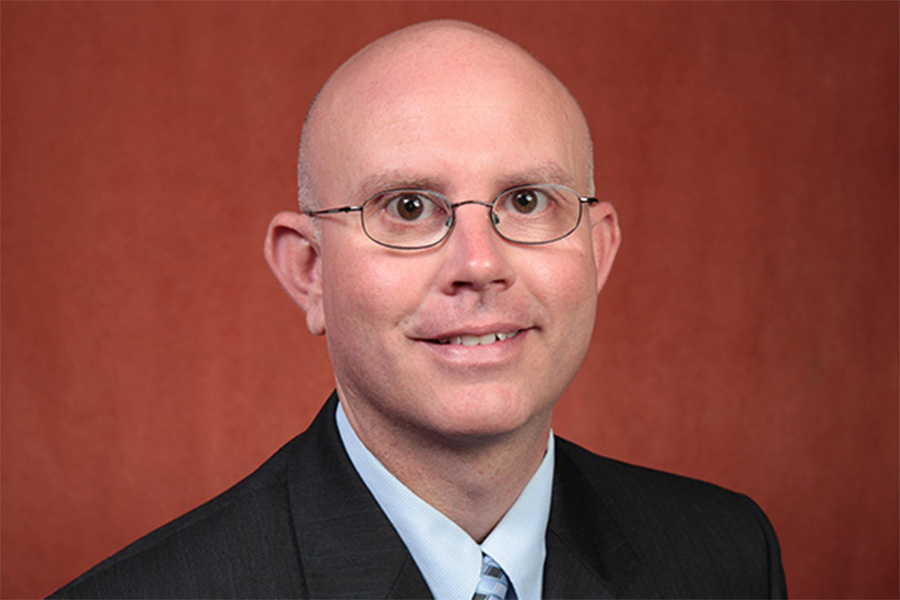
Systems biophysics refers to the study of how biological actions take place as the result of many interacting agents. Understanding these interactions requires both experimental and computational techniques. The MOB program has faculty who specialize in this area of biophysics, often combining experimental and computational approaches within a single lab or through collaborations. The MOB computational biophysicists are located on the 4th floor of the IMB building, and comprise SCUBA (Systems and Computational Understanding of Biological Actions).




